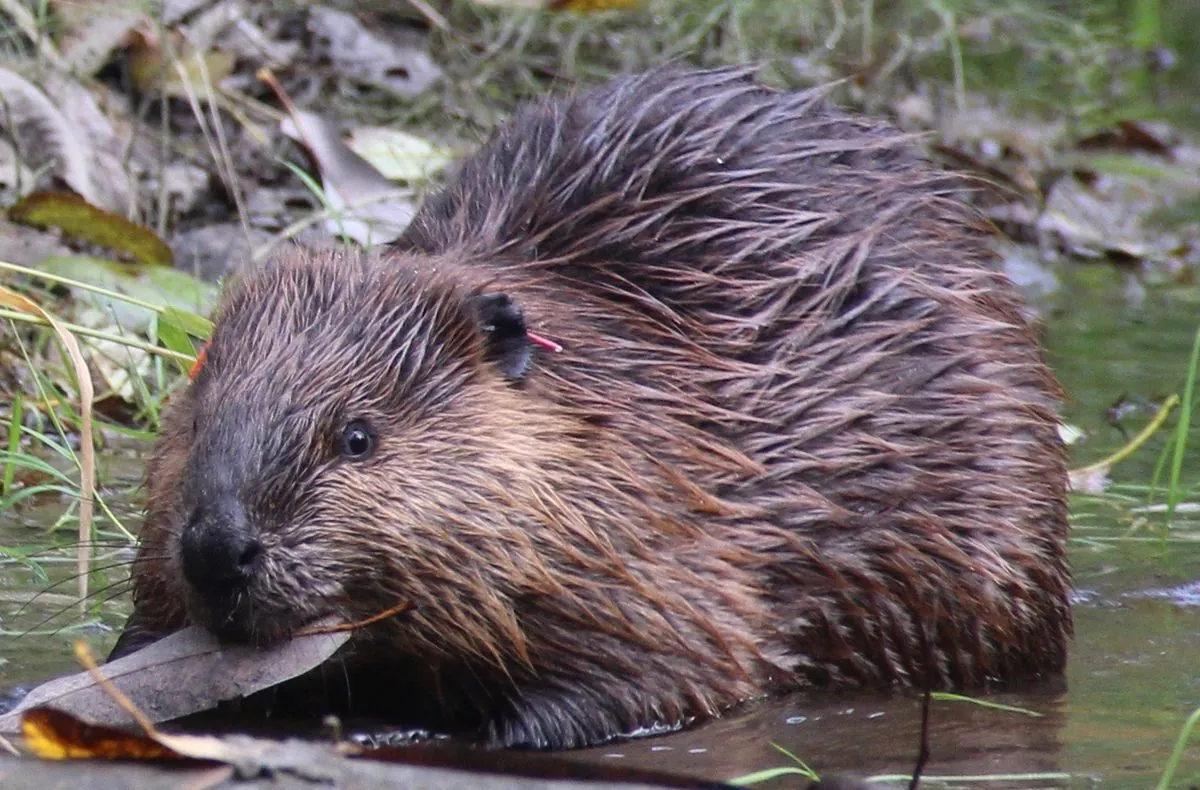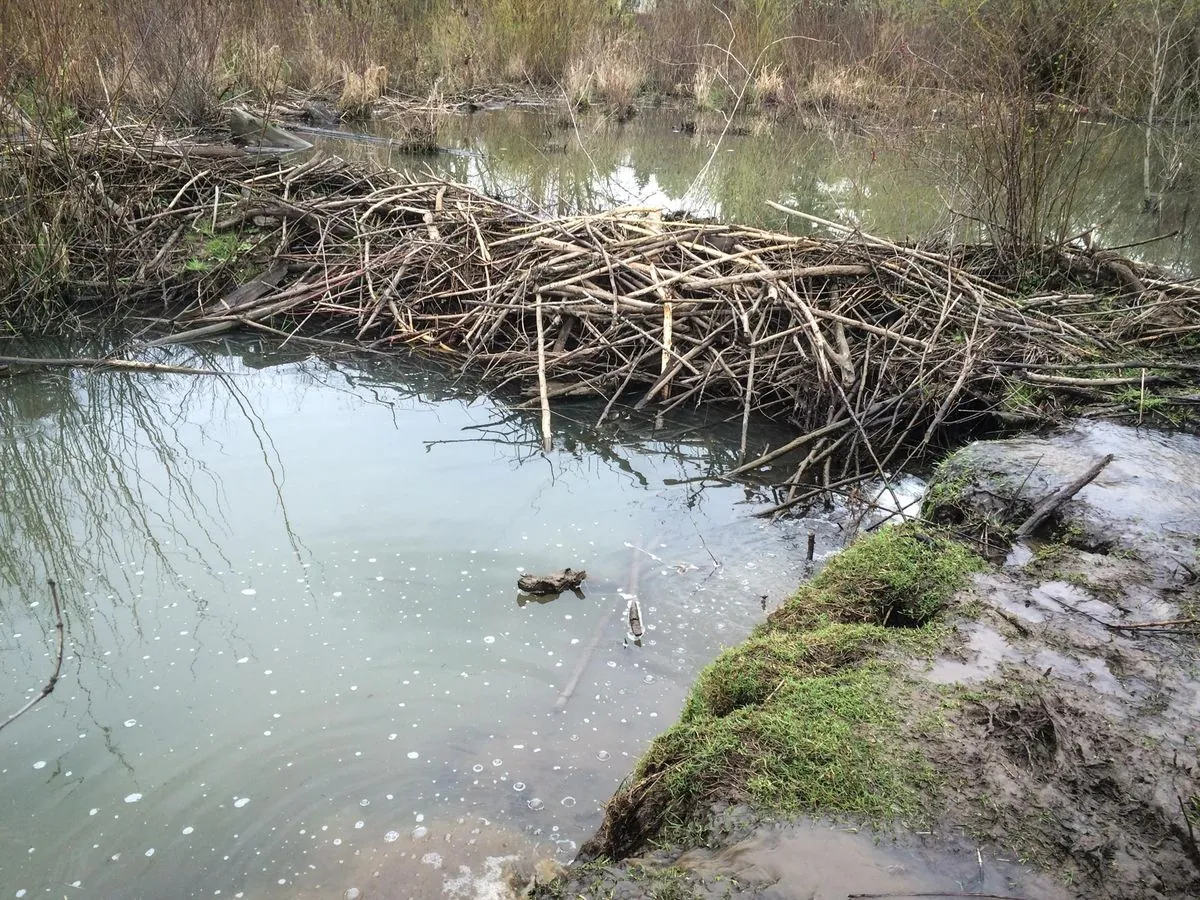Urban London Welcomes First Beaver Births in Four Centuries
The Ealing Beaver Project celebrates the birth of at least two beaver kits in urban London, marking a significant milestone in wildlife conservation efforts. This event demonstrates the potential for human-wildlife coexistence in urban environments.

In a remarkable development for urban wildlife conservation, Sean McCormack of the Ealing Beaver Project has announced the birth of at least two beaver kits in Paradise Fields, west London. This event, occurring in August 2024, marks the first time in over four centuries that beavers have been born in urban London.
The successful births come less than a year after the project's initiative to reintroduce beavers to the area. In October 2023, a family of five beavers was relocated from Scotland to Paradise Fields, a conservation site comprising woodland, wetland, and meadow habitats. Within eight months, the beavers had adapted to their new environment, constructing lodges, dams, and waterways.
Beavers, the second-largest living rodents after capybaras, are renowned for their role as "ecosystem engineers." Their ability to modify their habitat through dam-building can create wetlands that support diverse ecosystems and even help reduce flooding and improve water quality. These semi-aquatic mammals possess remarkable adaptations, including transparent eyelids for underwater vision and the capacity to remain submerged for up to 15 minutes.

The success of the Ealing Beaver Project builds upon a previous reintroduction effort in the suburban London borough of Enfield. Launched in 2022, that initiative resulted in the birth of a beaver kit in 2023, further demonstrating the potential for beaver populations to thrive in urban settings.
McCormack expressed his enthusiasm for the project's success:
"I had every confidence our beaver family would settle in at Paradise Fields, but to discover they've had new baby kits this spring is really the icing on the beaver cake."
[[Sean McCormack, Ealing Beaver Project]]
The reintroduction of beavers to urban environments is part of a broader conservation trend. These animals, once extensively hunted for their fur and castoreum, have been reintroduced in many countries for conservation purposes. Beavers mate for life and live in family groups called colonies, with a potential lifespan of up to 24 years in the wild.
The Ealing Beaver Project views this success as evidence that humans and wildlife can coexist harmoniously in urban settings. They hope this initiative will serve as a blueprint for future beaver reintroductions across London and Britain, potentially restoring a species that played a significant role in ecosystems and even influenced early North American fur trade.
As these newly born kits grow, they will contribute to the ongoing transformation of Paradise Fields. With their ever-growing teeth and ability to fell trees up to 30 cm in diameter, these nocturnal engineers will continue to shape their environment, creating habitats that benefit a wide range of species and demonstrating the positive impact of wildlife reintroduction in urban areas.


































